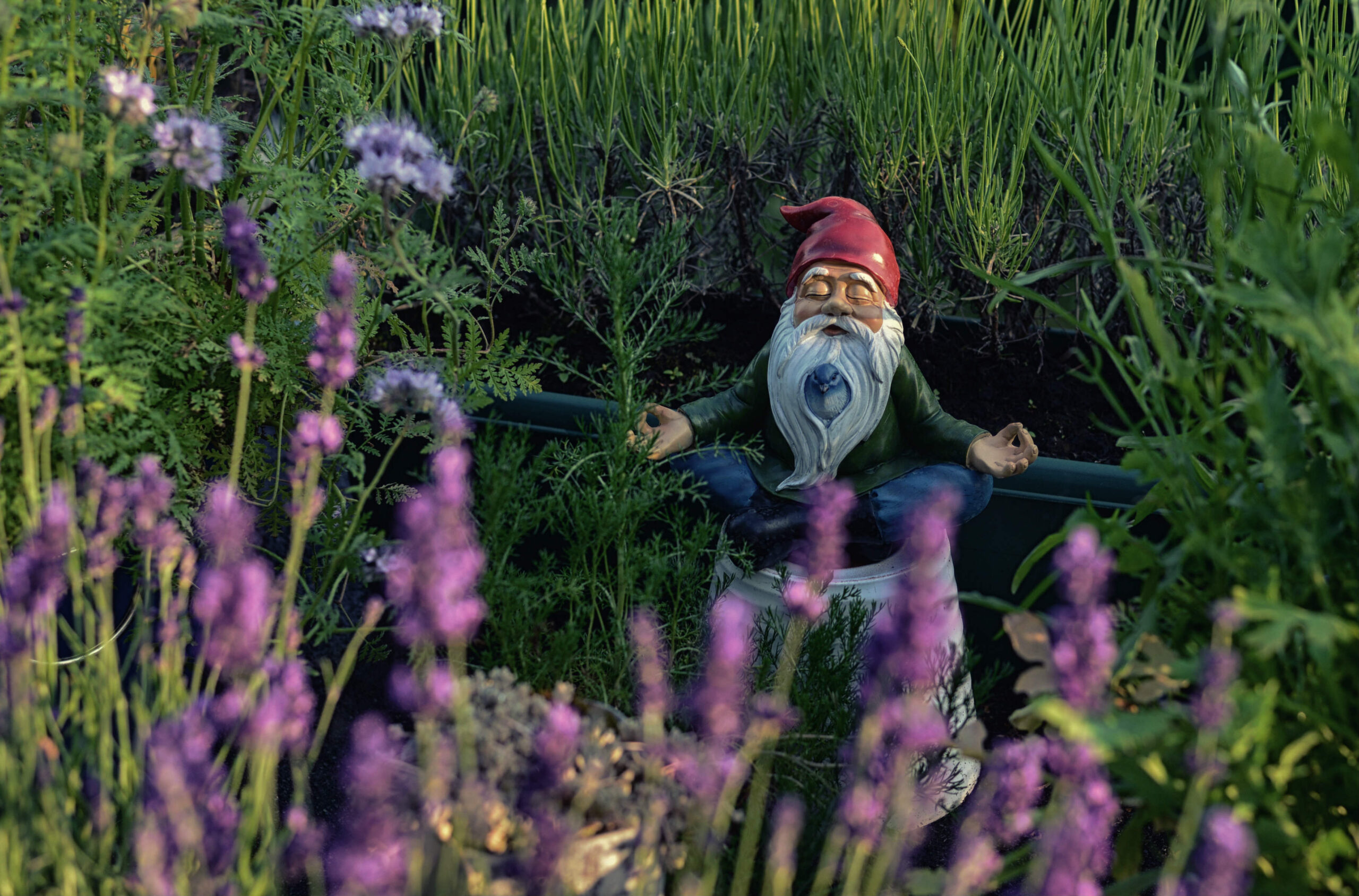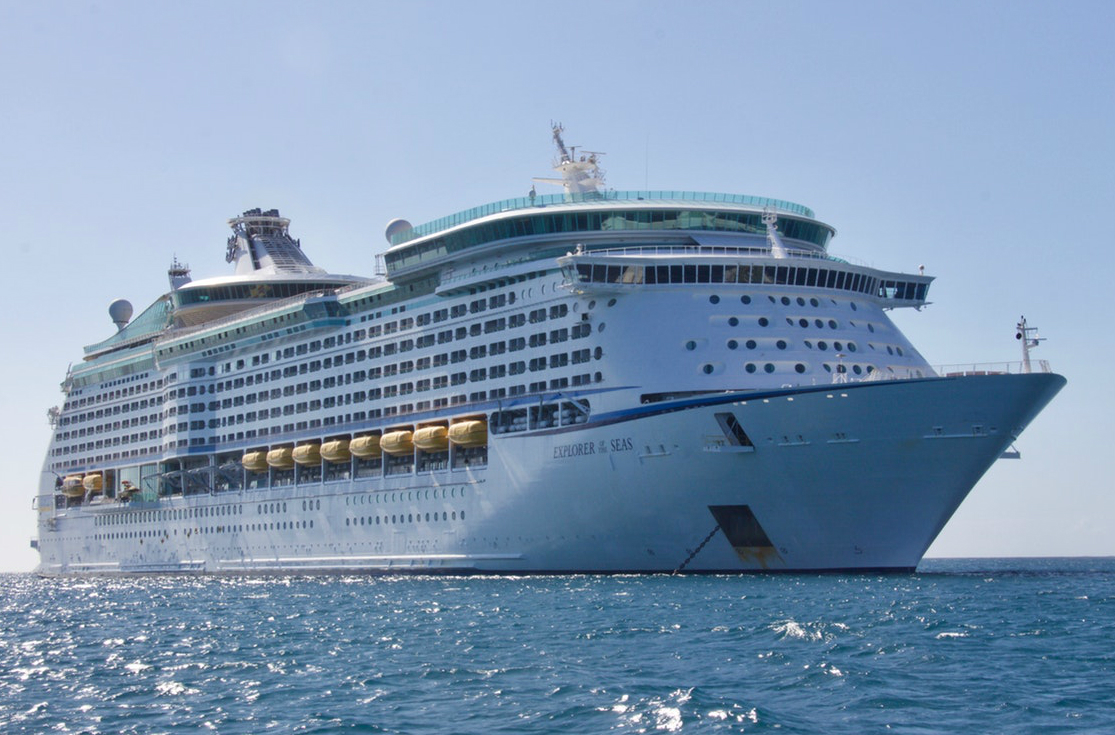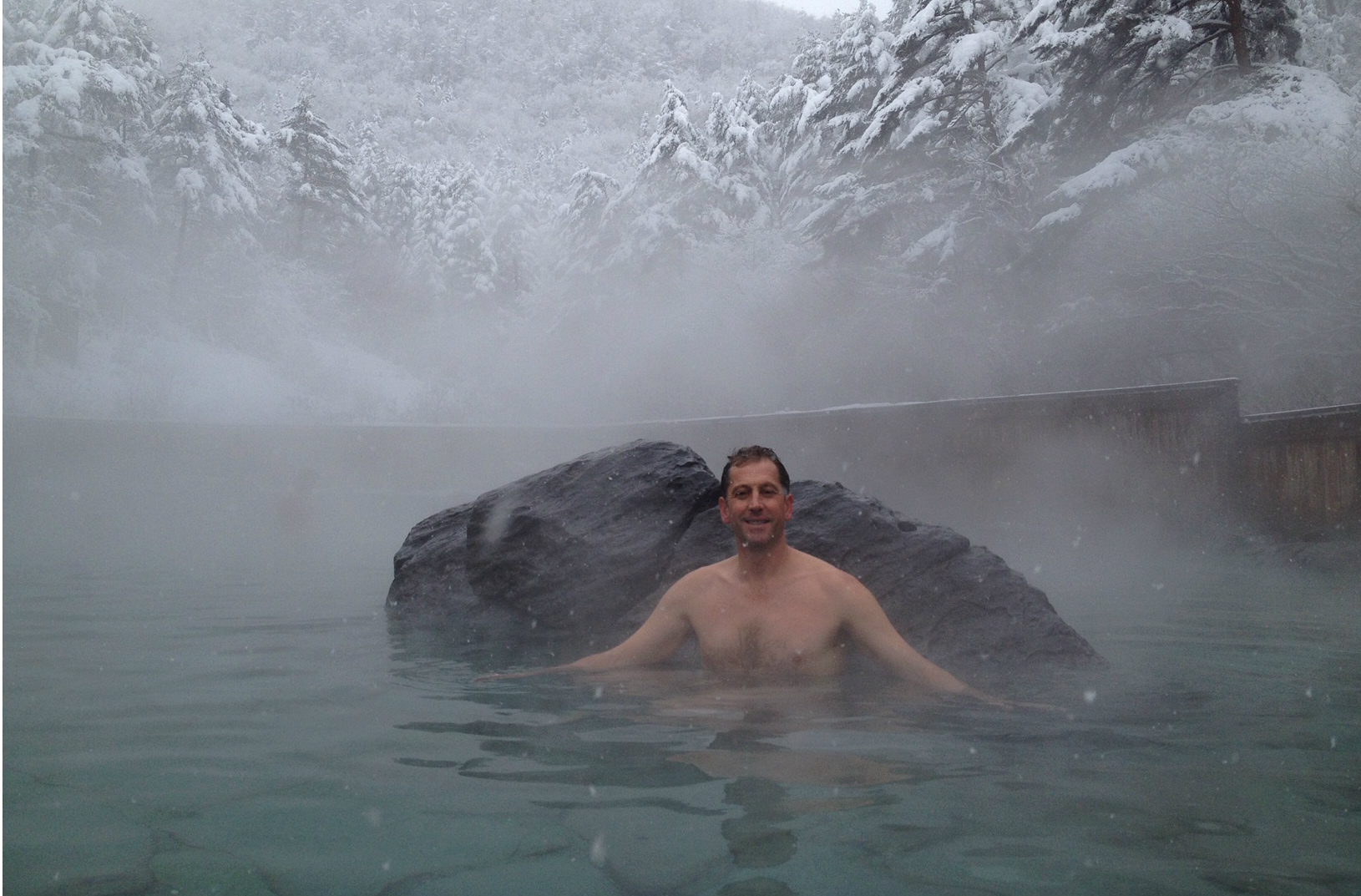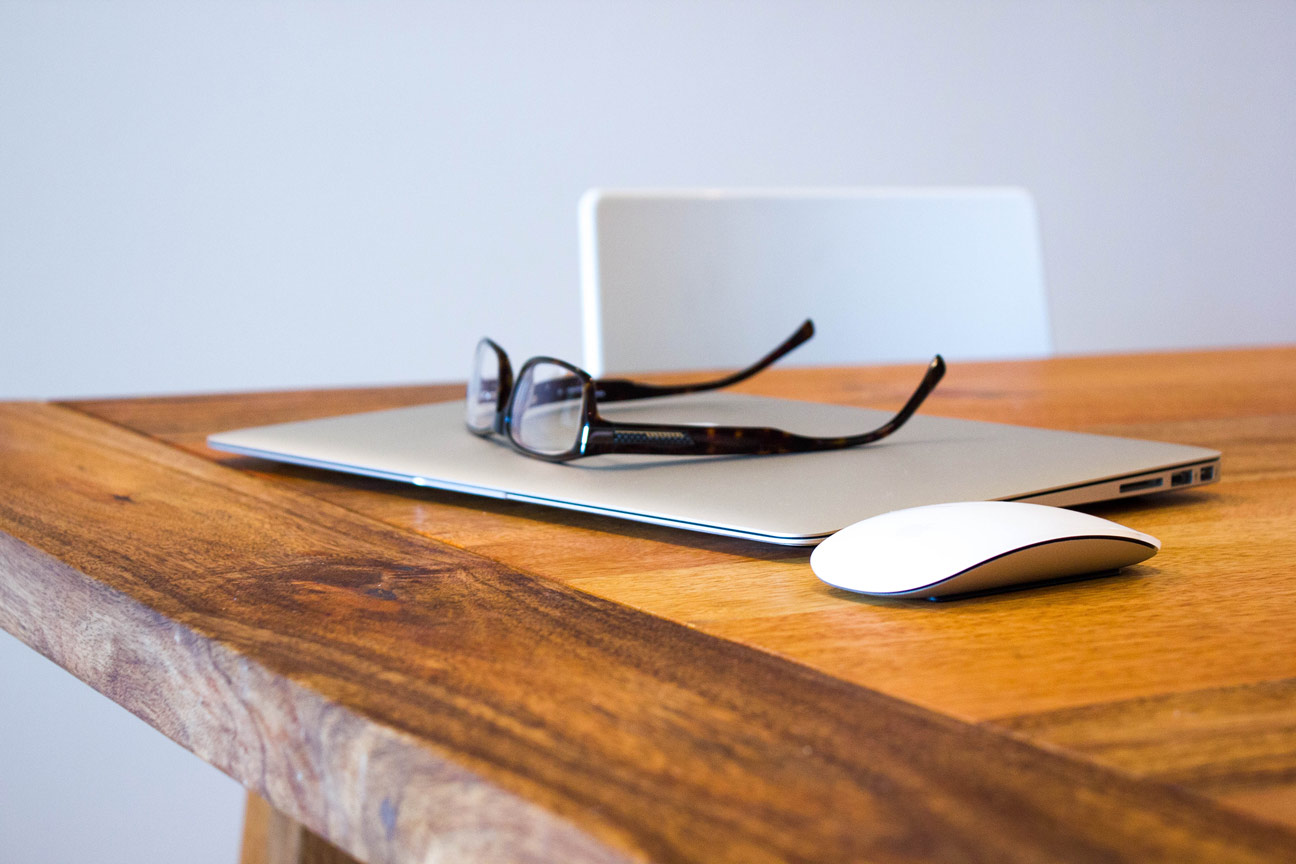Meditation and vacations appear to have overlapping effects. A small study from the University of Groningen (Netherlands) found that 15 minutes of meditation led to similar emotional states as a day of vacation: low levels of negative emotions such as irritation and high levels of positive emotions such as gratitude. ACCESS THIS STUDY





























































